What's Your ACE Score? (and Your Resilience Score?)
There are 10 types of childhood trauma measured in the ACE Study. Five are personal -- physical abuse, verbal abuse, sexual abuse, physical neglect, and emotional neglect. Five are related to other family members: a parent who's an alcoholic, a mother who's a victim of domestic violence, a family member in jail, a family member diagnosed with a mental illness, and the disappearance of a parent through divorce, death or abandonment. Each type of trauma counts as one. So a person who's been physically abused, with one alcoholic parent, and a mother who was beaten up has an ACE score of three.
But there are many other types of childhood trauma -- watching a sibling being abused, losing a caregiver (grandmother, mother, grandfather, etc.), homelessness, surviving and recovering from a severe accident, witnessing a father being abused by a mother, witnessing a grandmother abusing a father, etc. The ACE Study included only those 10 childhood traumas because those were mentioned as most common by a group of about 300 Kaiser members; those traumas were also well studied individually in the research literature.
The most important thing to remember is that the ACE score is meant as a guideline: If you experienced other types of toxic stress over months or years, then those would likely increase your risk of health consequences.
Prior to your 18th birthday:
- Did a parent or other adult in the household often or very often… Swear at you, insult you, put you down, or humiliate you? or Act in a way that made you afraid that you might be physically hurt?
No___If Yes, enter 1 __ - Did a parent or other adult in the household often or very often… Push, grab, slap, or throw something at you? or Ever hit you so hard that you had marks or were injured?
No___If Yes, enter 1 __ - Did an adult or person at least 5 years older than you ever… Touch or fondle you or have you touch their body in a sexual way? or Attempt or actually have oral, anal, or vaginal intercourse with you?
No___If Yes, enter 1 __ - Did you often or very often feel that … No one in your family loved you or thought you were important or special? or Your family didn’t look out for each other, feel close to each other, or support each other?
No___If Yes, enter 1 __ - Did you often or very often feel that … You didn’t have enough to eat, had to wear dirty clothes, and had no one to protect you? or Your parents were too drunk or high to take care of you or take you to the doctor if you needed it?
No___If Yes, enter 1 __ - Were your parents ever separated or divorced?
No___If Yes, enter 1 __ - Was your mother or stepmother:
Often or very often pushed, grabbed, slapped, or had something thrown at her? or Sometimes, often, or very often kicked, bitten, hit with a fist, or hit with something hard? or Ever repeatedly hit over at least a few minutes or threatened with a gun or knife?
No___If Yes, enter 1 __ - Did you live with anyone who was a problem drinker or alcoholic, or who used street drugs?
No___If Yes, enter 1 __ - Was a household member depressed or mentally ill, or did a household member attempt suicide? No___If Yes, enter 1 __
- Did a household member go to prison?
No___If Yes, enter 1 __
Now add up your “Yes” answers: _ This is your ACE Score
__________________________
Now that you've got your ACE score, what does it mean?
First....a tiny bit of background to help you figure this out.....(if you want the back story about the fascinating origins of the ACE Study, read The Adverse Childhood Experiences Study -- the largest, most important public health study you never heard of -- began in an obesity clinic.)
The CDC's Adverse Childhood Experiences Study (ACE Study) uncovered a stunning link between childhood trauma and the chronic diseases people develop as adults, as well as social and emotional problems. This includes heart disease, lung cancer, diabetes and many autoimmune diseases, as well as depression, violence, being a victim of violence, and suicide.
The first research results were published in 1998, followed by nearly 70 other publications through 2015. They showed that:
- childhood trauma was very common, even in employed white middle-class, college-educated people with great health insurance;
- there was a direct link between childhood trauma and adult onset of chronic disease, as well as depression, suicide, being violent and a victim of violence;
- more types of trauma increased the risk of health, social and emotional problems.
- people usually experience more than one type of trauma – rarely is it only sex abuse or only verbal abuse.
A whopping two thirds of the 17,000 people in the ACE Study had an ACE score of at least one -- 87 percent of those had more than one. Thirty-six states and the District of Columbia have done their own ACE surveys; their results are similar to the CDC's ACE Study.
The study's researchers came up with an ACE score to explain a person's risk for chronic disease. Think of it as a cholesterol score for childhood toxic stress. You get one point for each type of trauma. The higher your ACE score, the higher your risk of health and social problems. (Of course, other types of trauma exist that could contribute to an ACE score, so it is conceivable that people could have ACE scores higher than 10; however, the ACE Study measured only 10 types.)
As your ACE score increases, so does the risk of disease, social and emotional problems. With an ACE score of 4 or more, things start getting serious. The likelihood of chronic pulmonary lung disease increases 390 percent; hepatitis, 240 percent; depression 460 percent; suicide, 1,220 percent.
(By the way, lest you think that the ACE Study was yet another involving inner-city poor people of color, take note: The study's participants were 17,000 mostly white, middle and upper-middle class college-educated San Diegans with good jobs and great health care - they all belonged to the Kaiser Permanente health maintenance organization.)
Here are some specific graphic examples of how increasing ACE scores increase the risk of some diseases, social and emotional problems. All of these graphs come from "The relationship of adverse childhood experiences to adult health, well being, social function and health care", a book chapter by Drs. Vincent Felitti and Robert Anda, co-founders of the ACE Study, in "The Hidden Epidemic: The Impact of Early Life Trauma on Health and Disease."
What causes this?
At the same time that the ACE Study was being done, parallel research on kids’ brains found that toxic stress physically damages a child’s developing brain. This was determined by a group of neuroscientists and pediatricians, including neuroscientist Martin Teicher and pediatrician Jack Shonkoff, both at Harvard University, neuroscientist Bruce McEwen at Rockefeller University, and child psychiatrist Bruce Perry at the Child Trauma Academy.
When children are overloaded with stress hormones, they’re in flight, fright or freeze mode. They can’t learn in school. They often have difficulty trusting adults or developing healthy relationships with peers (i.e., they become loners). To relieve their anxiety, depression, guilt, shame, and/or inability to focus, they turn to easily available biochemical solutions — nicotine, alcohol, marijuana, methamphetamine — or activities in which they can escape their problems — high-risk sports, proliferation of sex partners, and work/over-achievement. (e.g. Nicotine reduces anger, increases focus and relieves depression. Alcohol relieves stress.)
Here's a link to the long questionnaire (200+ questions).
To cite the original ACE study/questionnaire, please link to the article published online in American Journal of Preventive Medicine: https://www.ajpmonline.org/art
_______________________
What's Your Resilience Score?
This questionnaire was developed by the early childhood service providers, pediatricians, psychologists, and health advocates of Southern Kennebec Healthy Start, Augusta, Maine, in 2006, and updated in February 2013. Two psychologists in the group, Mark Rains and Kate McClinn, came up with the 14 statements with editing suggestions by the other members of the group. The scoring system was modeled after the ACE Study questions. The content of the questions was based on a number of research studies from the literature over the past 40 years including that of Dr. Emmy Werner and others. Its purpose is limited to parenting education. It was not developed for research.
Rains wants everyone to know that the resilience questions are only meant to prompt reflection and conversation on experiences that may help protect most people (about three out of four) with four or more ACEs from developing negative outcomes. A secure early childhood is helpful, but not necessary. A higher number of positive experiences is not necessarily more protective. He regrets that the questions have taken on a life of their own and that people may have misinterpretted or misunderstood their experience of risk and resilience, based on the ACE or “Resilience” questionnaires. For more information, he suggests reading this article on ACEs Too High -- Putting resilience and resilience surveys under the microscope.
RESILIENCE Questionnaire
Please circle the most accurate answer undereach statement:
1. I believe that my mother loved me when I was little.
Definitely true Probably true Not sure Probably Not True Definitely Not True


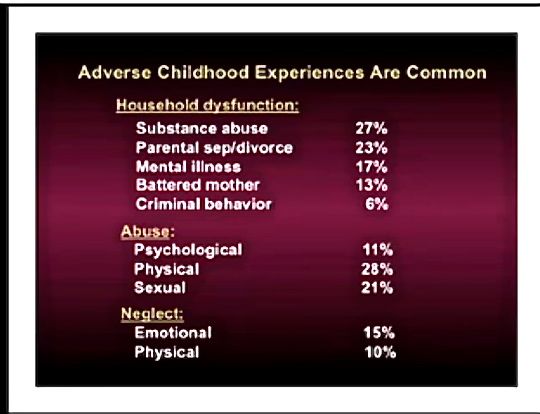
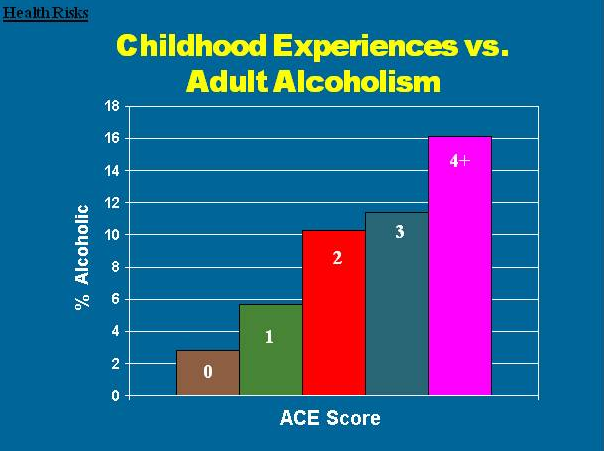
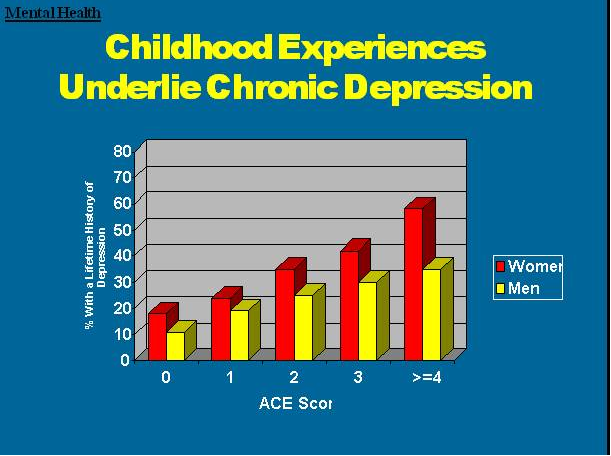
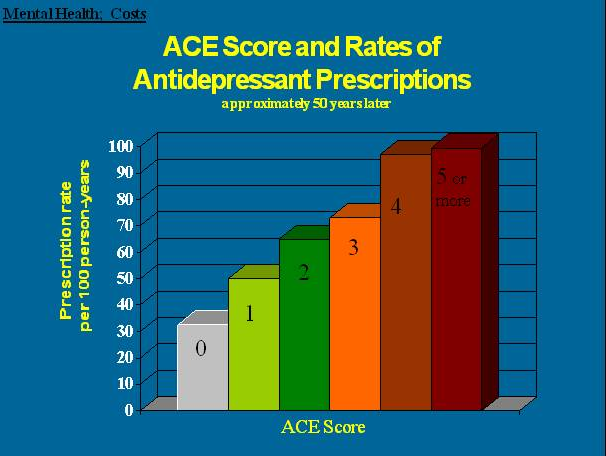
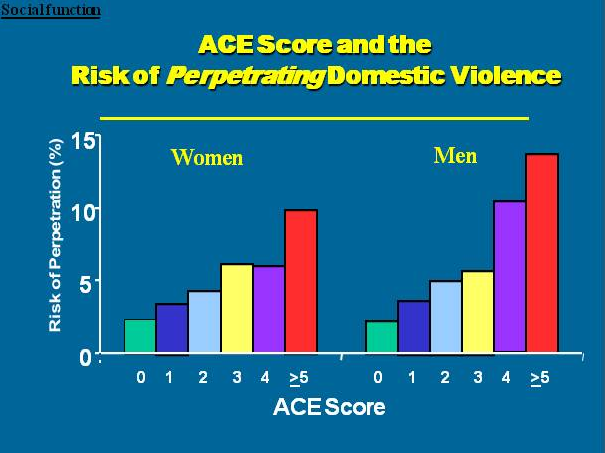
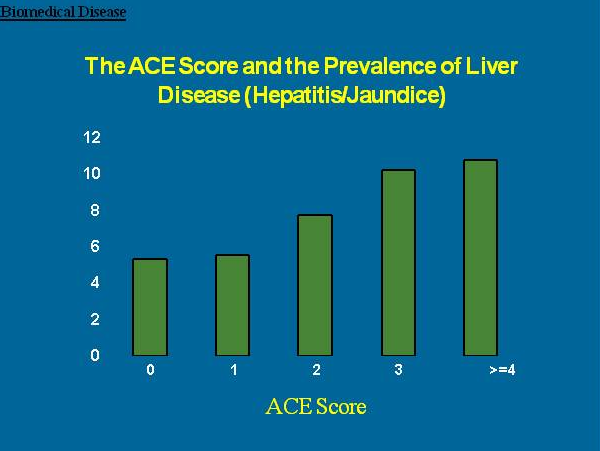
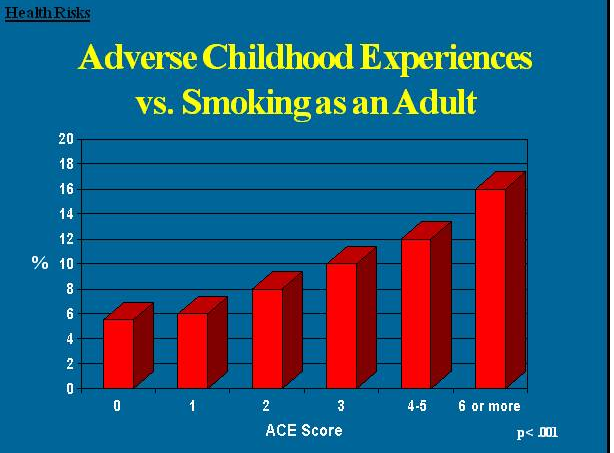
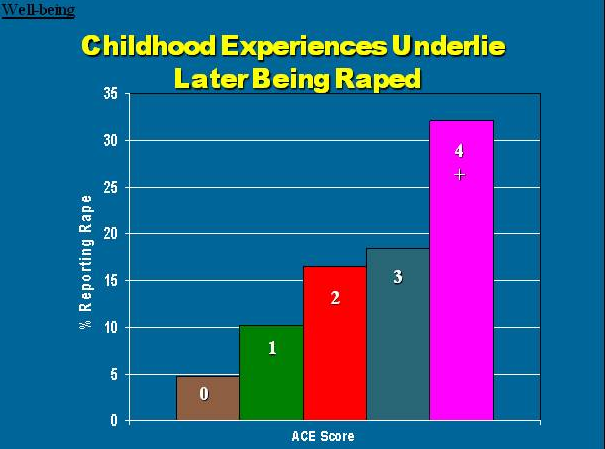
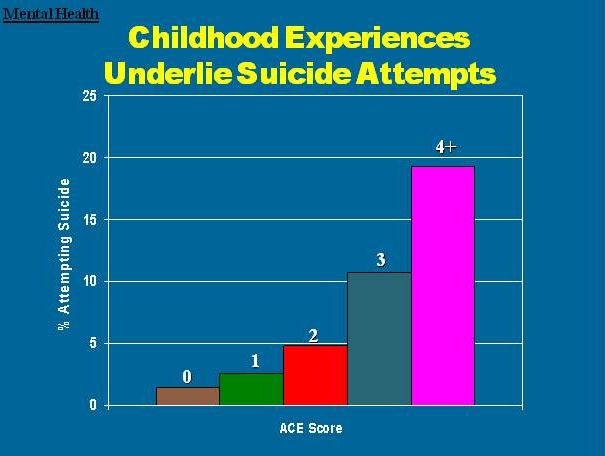
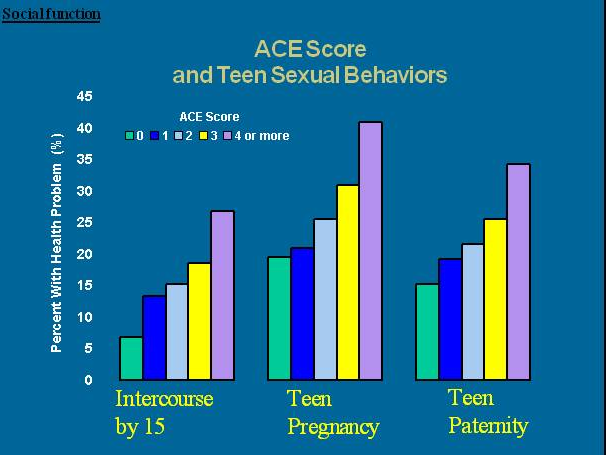
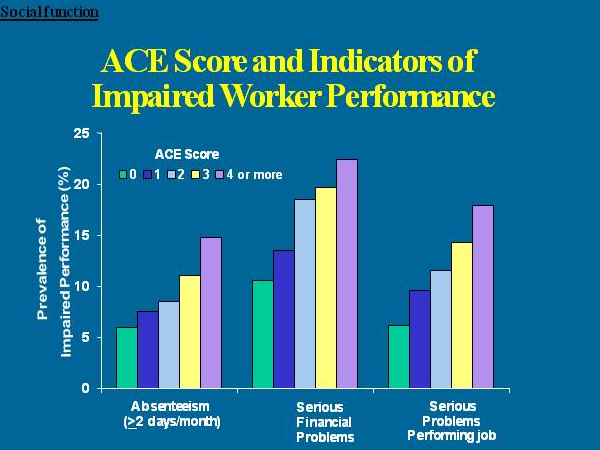
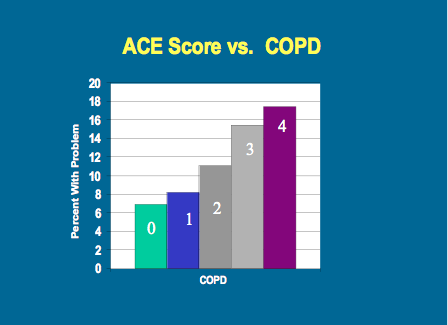
Comments (0)